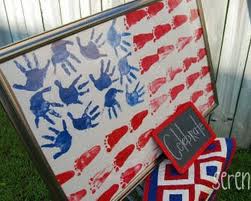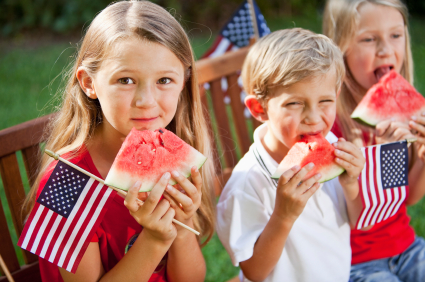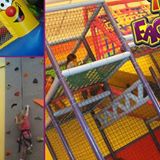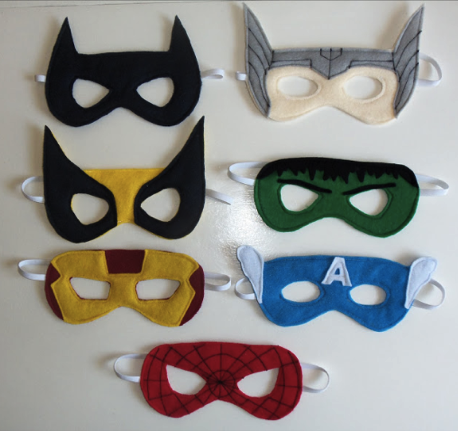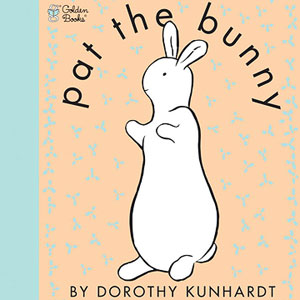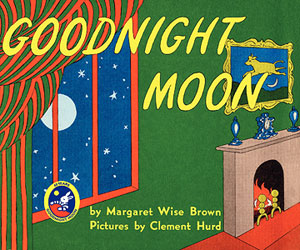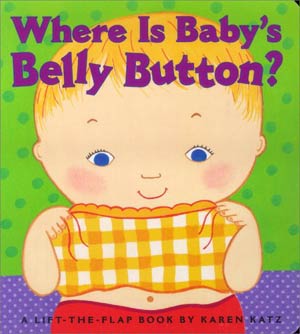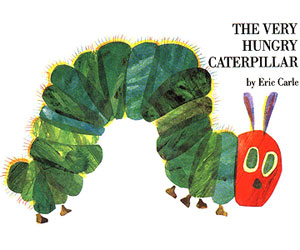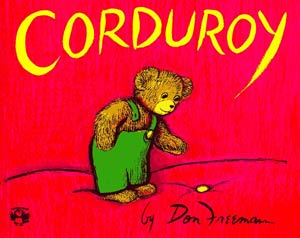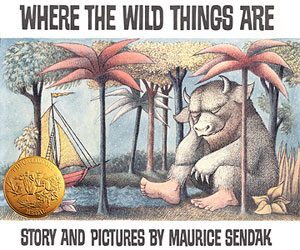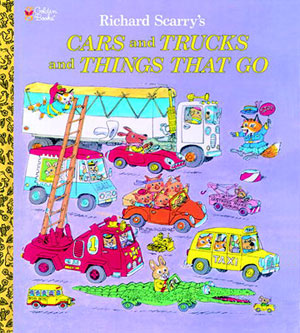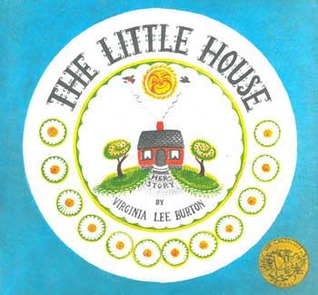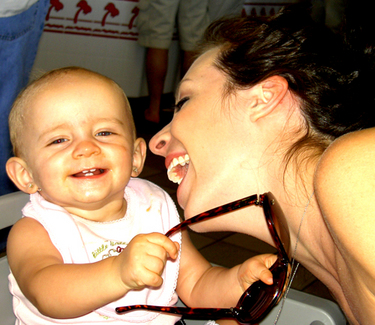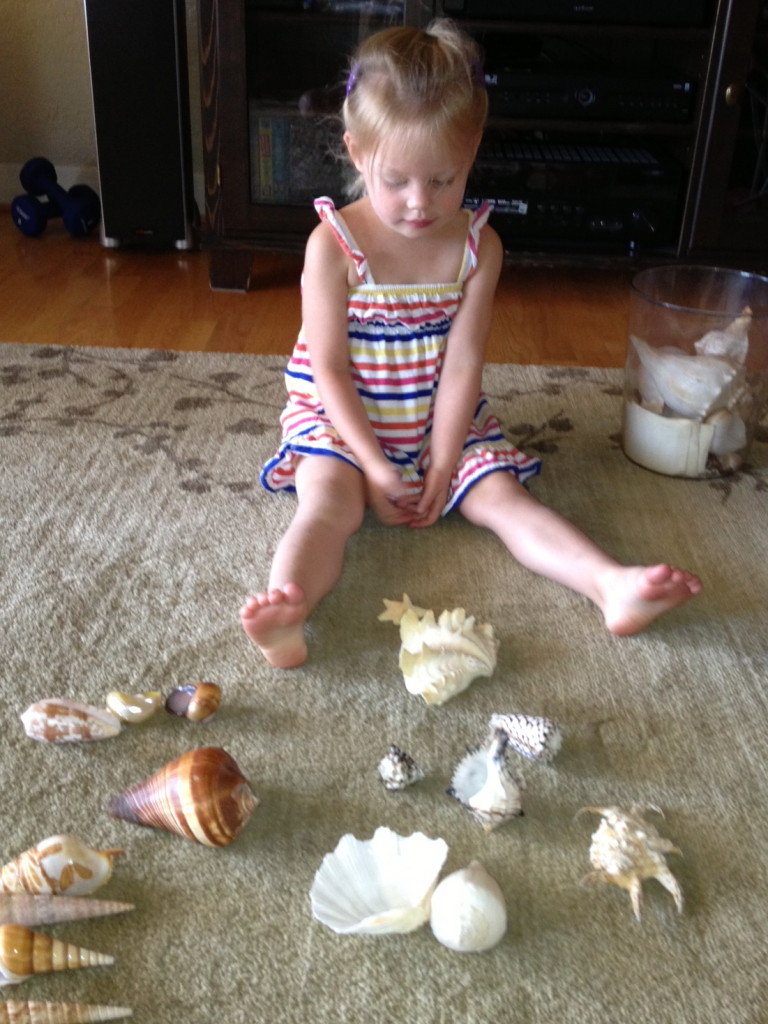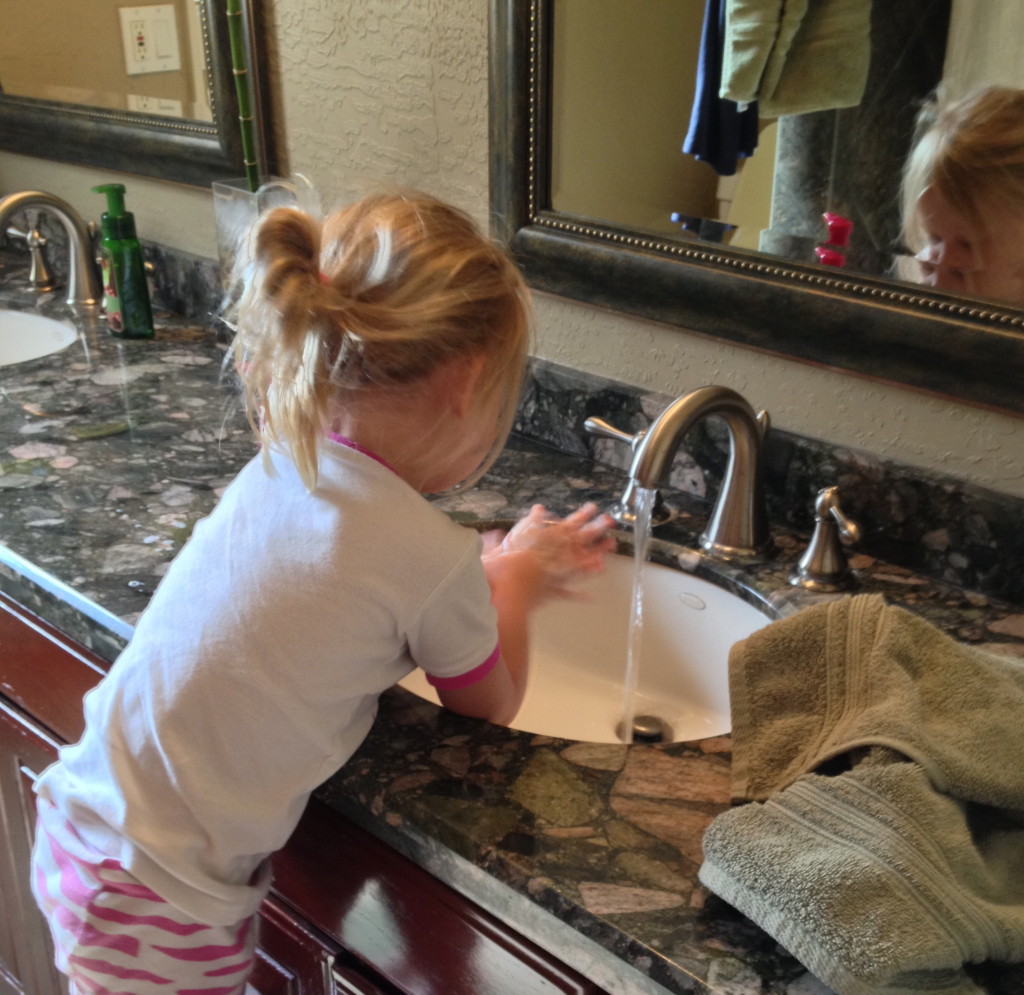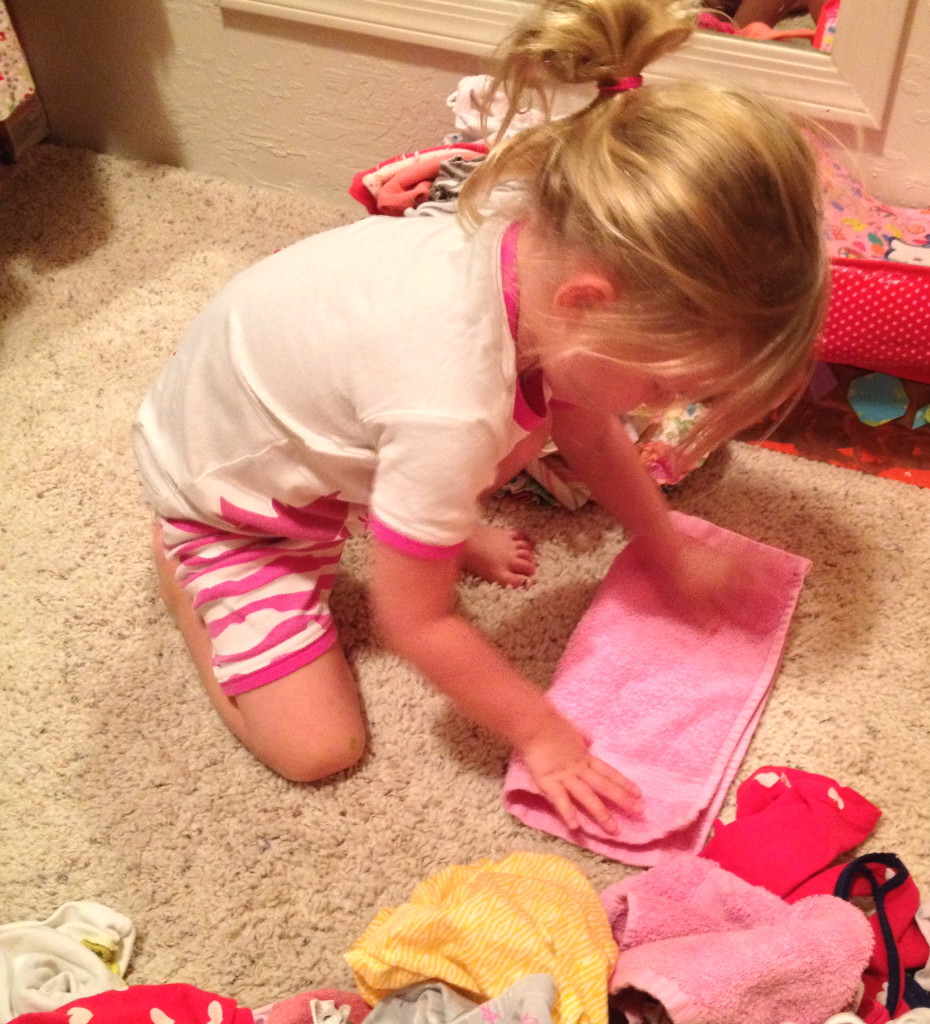
Most families will tell you that their first priority is the family, but their actions don’t always reflect their goals. Why not use everyday moments to full advantage? When you’re driving together, for example, you have a captive audience. These are prime times for bonding as well as transmitting family values.
1. Do household chores as a team. Work together to clean up their messes when needed and invite them at an early age to learn how to fold laundry, or put away silverware and plastic dishes from the dishwasher.
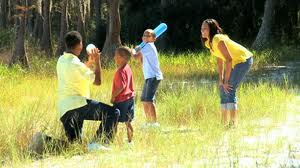
2. When driving with children, ask questions about how they are thinking or feeling. My favorite questions are: “What’s the best and the worst thing that happened to you today?” Teach them your childhood songs. Remember “Zippa-De-Do-Dah” from the Lion King?
3. Reading bedtime stories together. Use a dramatic voice, make animal noises and use gestures to heighten interest
4. Enjoy washup and bathtub time together.

5. Standing in line at the store? Use these moments to ask questions to draw out their intellect and understanding, like, what’s this made out of? Metal or plastic?
6. Take a walk together. Point out the beauty and amazing details of nature.
7. Play a game together.
We’re in a society where family members may be too busy for their own good. It’s crucial that we utilize these overlooked moments that fly by so quickly. Right now you may feel that the drudgery, sleeplessness, dirty diapers or soccer practices are overwhelming. But blink your eyes and they’ll be packing for college. You have just a few years to teach your values, to produce mature, respectful, responsible, service-minded adults. So reclaim those daily opportunities for your well-thought through long-term goals, because these down times are largely the stuff of life.





